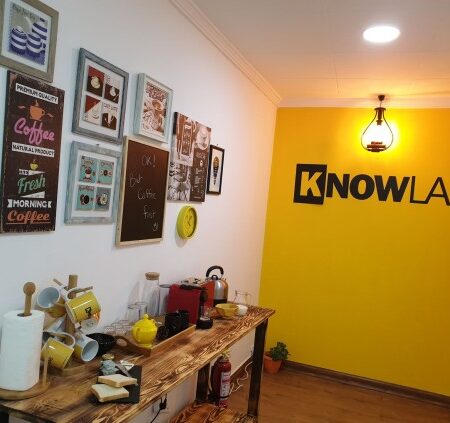 Whether you’re creating an e-commerce site for your existing business or building an online store from the ground up, you’ve probably wondered which platform you’ll use. After all, there’s no reason to create a store from scratch. Modern platforms like Shopify, WooCommerce, Squarespace, and more already have features and customisation options that allow you to create a site that’s unique to your brand.
Whether you’re creating an e-commerce site for your existing business or building an online store from the ground up, you’ve probably wondered which platform you’ll use. After all, there’s no reason to create a store from scratch. Modern platforms like Shopify, WooCommerce, Squarespace, and more already have features and customisation options that allow you to create a site that’s unique to your brand.
With so many great options, however, it may be challenging to find out which one is best for your business. Here’s an overview of the pros and cons of each choice.
Shopify
Shopify is third when it comes to market share across e-commerce platforms. It started in 2004 and continuously grew to support over 500,000 businesses worldwide as of 2020, according to its official numbers.
Pros:
- Shopify’s biggest benefit is its user-friendliness. You can create a store without ever writing a single line of code. It has a vast collection of templates that you can customise with a bit of programming knowledge.
- If you want to add advanced features like rewards and pre-programmed chatbots, you can get them through plugins from the platform’s app store. It also has excellent customer service with phone support and 24/7 chat support.
Cons:
- This platform has its own payment gateway called Shopify Payments. While it is a breeze to use for both you and your customers, it’s only supported in a limited number of countries. If you use third-party gateways, you’re bound to run into transaction fees, too.
- Shopify also comes with reporting features. However, it’s only available for tiers above the basic plan. You have to pay 41 USD more to upgrade to the “Shopify” plan to get automated reports of your sales and profits. You also get advanced data about your customers, like which ones are buying for the first time, which of them are returning, and more.
Squarespace
Squarespace was known as a robust website building tool, being used by companies like Lyft and Pixar. It currently supports more than a million sites across the globe. However, it recently started offering e-commerce solutions as well. And it’s seen quite a lot of love.
Pros:
- Like Shopify, Squarespace is a breeze to use. It allows you to list an unlimited amount of items in different variants.
- It also lets you import catalogues from other e-commerce platforms. That includes Shopify, BigCartel, and more.
- Squarespace’s strongest suit is its experience with website building. It has a vast library of templates in different categories. You’re sure to find one that fits your industry.
Cons
- Squarespace lacks the customisation and marketing tools that its competitors have. It doesn’t let you integrate with your Facebook and Amazon stores for cross-selling.
- It’s also difficult to see your SEO performance, as integration to Google Search Console and Analytics is buried in the advanced settings section.
- Squarespace’s plugin store is also lacklustre compared to competitors, especially for apps that involve marketing.
WooCommerce
WooCommerce is the grandaddy of e-commerce platforms, as it started as a WordPress plugin. Now, it’s a full-fledged platform. It’s a favourite among veteran e-commerce professionals. Here’s why.
Pros:
- The core WooCommerce platform is free to use. You can start selling online as soon as you set up your site, catalogue, and payment options.
- This platform is also quite flexible, as it offers unlimited product listings and offers a lot of customisation options for your site’s design and code.
- It’s also a beloved platform by e-commerce SEO service providers. WordPress SEO plugins are also compatible with WooCommerce, and its sites are mobile-friendly out of the box.
Cons:
- The biggest disadvantage of WooCommerce is its usability. You need to go through a lengthy and complicated installation process to install and set up its plugin on your WP site.
- It also lacks the great support channels that competitors like Shopify and Squarespace have.
Starting an e-commerce website is easier than ever because of the many platforms that offer ready-to-use and customisable solutions. However, it’s often difficult to choose between them, especially the ones in the top three, like WooCommerce, Shopify, and Squarespace. If you’re just starting and you plan on building your site solo, Squarespace and Shopify are your best choice. However, if you’re planning on working with website developers and digital marketers, you may want the complete flexibility of WooCommerce. In the hands of the right, your products and brands will surely shine.





